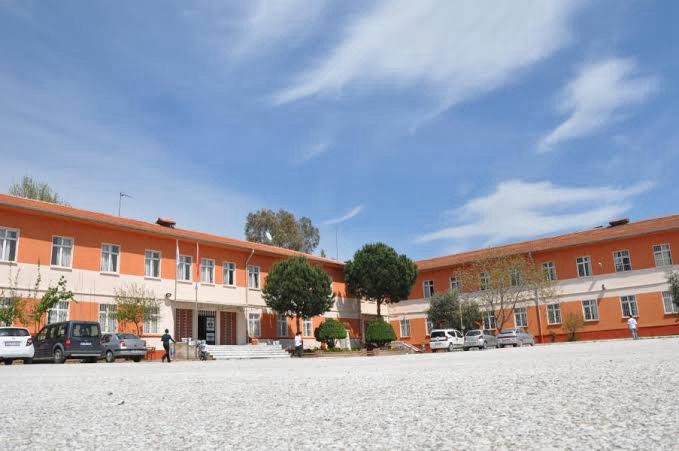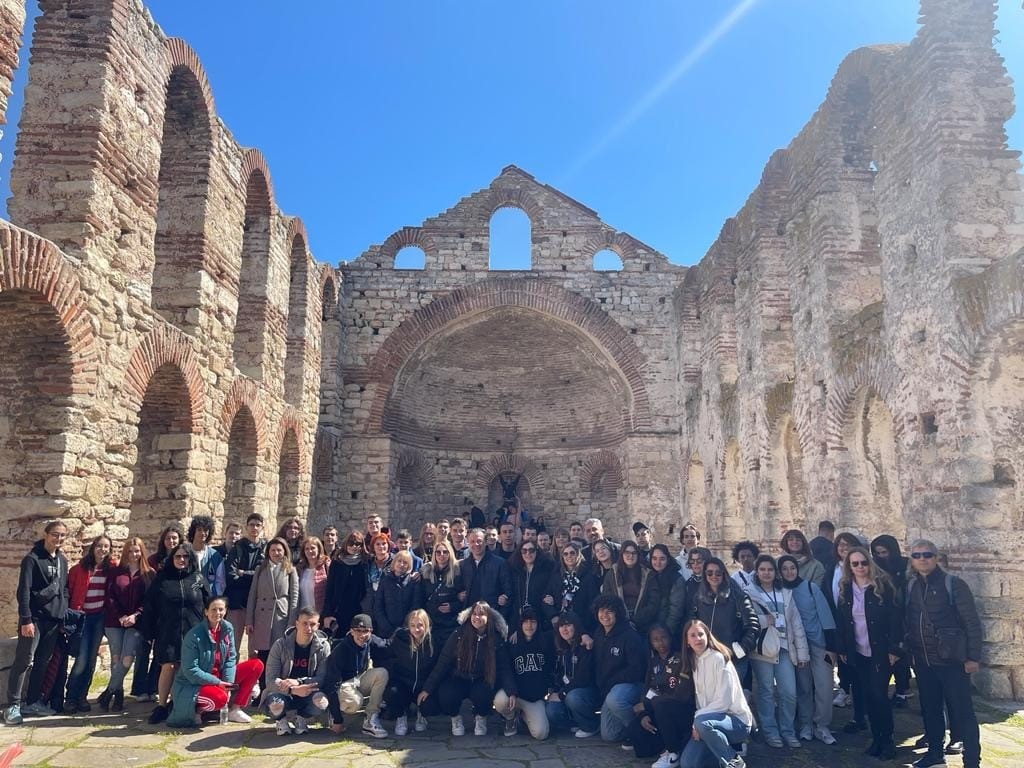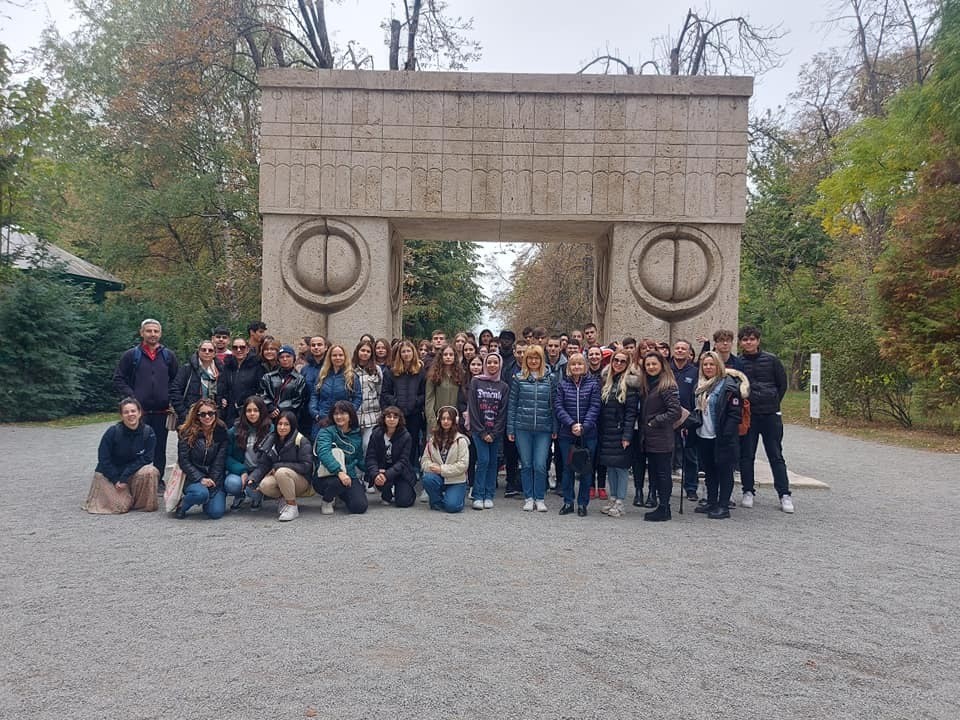10 février 2024
Lycée Polyvalent Langevin-Wallon
The Lycée Technique Municipal Langevin Wallon, established in 1962 and inaugurated in December 1963, initially housed 350 students in Classical, Modern, and Technical sections. Named after Paul Langevin and Henri Wallon, key figures in the 1944 education reform commission, the school reflects their comprehensive reform project. The school quickly expanded, driven by its industrial sections. In 1967, the Classical and Modern sections moved to a new location, and Langevin Wallon then focused solely on industrial education. By 1969, it introduced economic sections to meet local needs and, in 1970, incorporated a Technical Teaching College by transforming an existing commercial school.
In recent years, the students of this high school have achieved excellent results on the Baccalaureate exam due to the commitment of both the students and the dedicated teachers involved in the educational process.
The majority of students at the school come from immigrant backgrounds (Africa, Asia, Europe),
resulting in a rich cultural diversity within the student population. Most students come from disadvantaged backgrounds, and access to culture and international exposure largely occurs through the school.
The school places culture and international openness at the heart of its mission. Since 2020, the
school has participated in virtual mobility projects via the e-Twinning platform. One of these projects received both the national and European quality labels. Students show great enthusiasm for virtual mobility projects, and participating in a physical mobility project further motivates them.
For several years, the SEP (Service d'Éducation Permanente) at Lycée Langevin-Wallon has been
fostering international openness. The school has organized several educational trips, including to Los Angeles in 2008, London in 2013, and again in 2015. With the transformation of vocational education placing significant emphasis on international openness in language learning frameworks, the SEP has developed a strategy for virtual mobility. Since 2020, the SEP has been involved in cooperative projects with partners via the e-Twinning platform. The project conducted in 2020-2021 earned both the national quality label and the European quality label.





